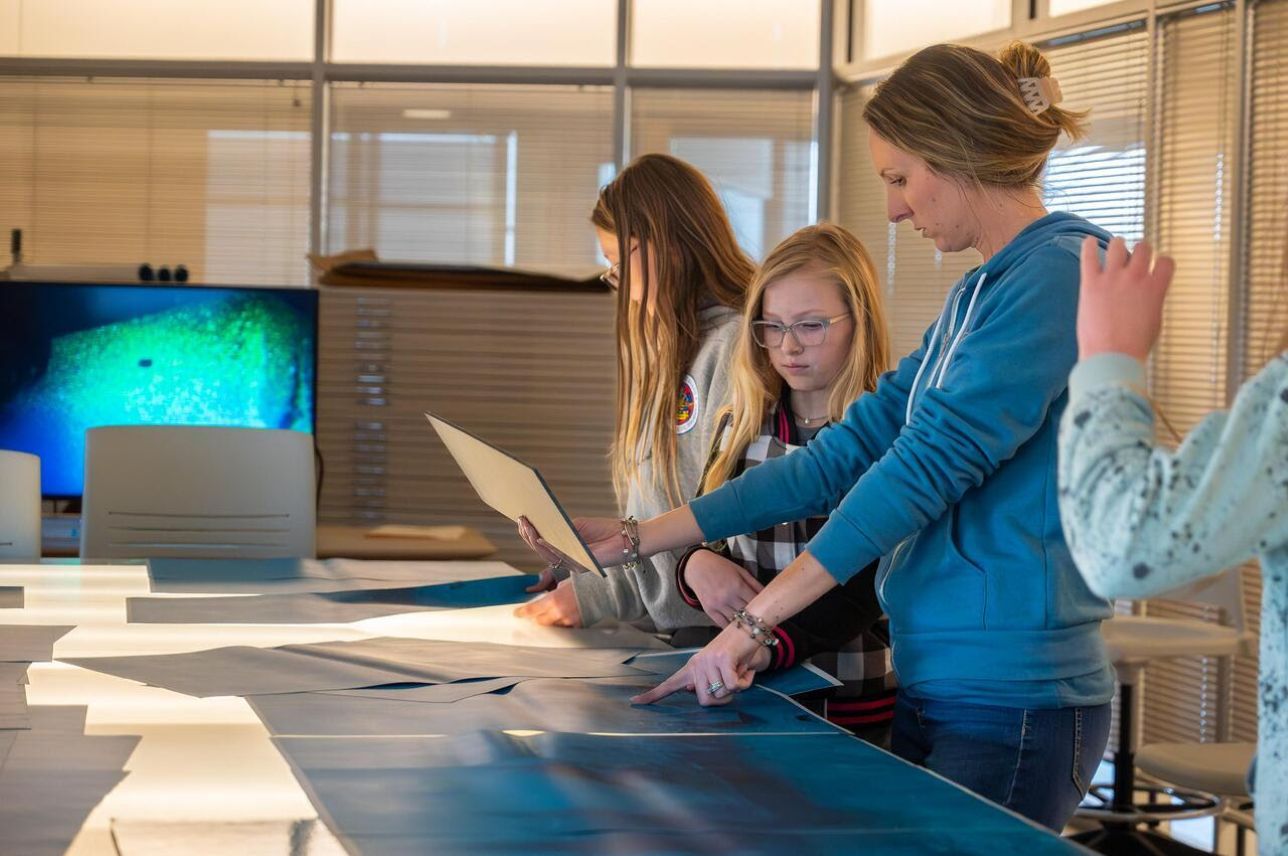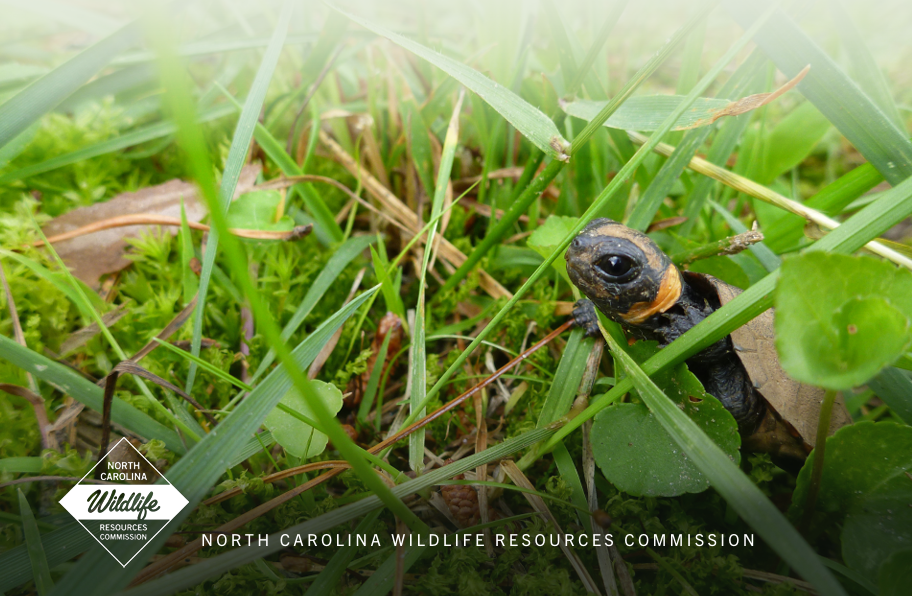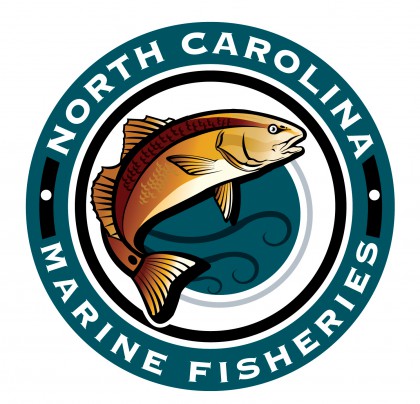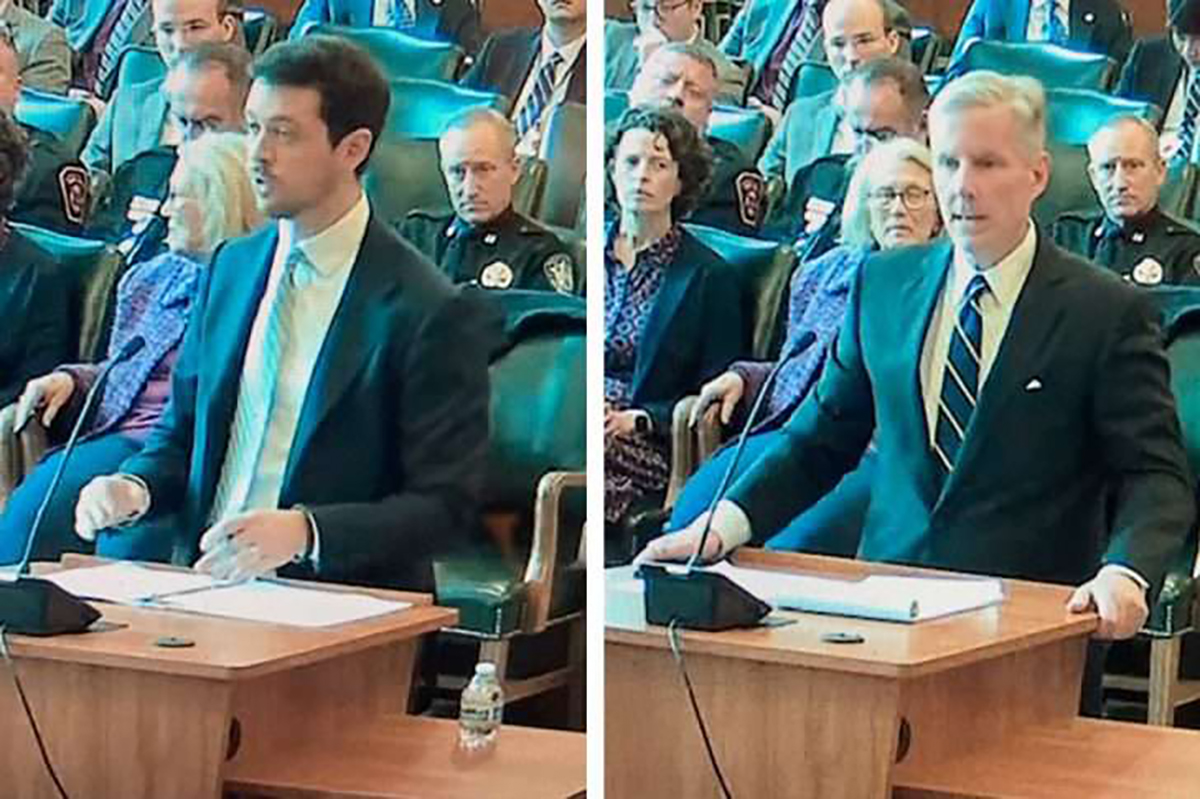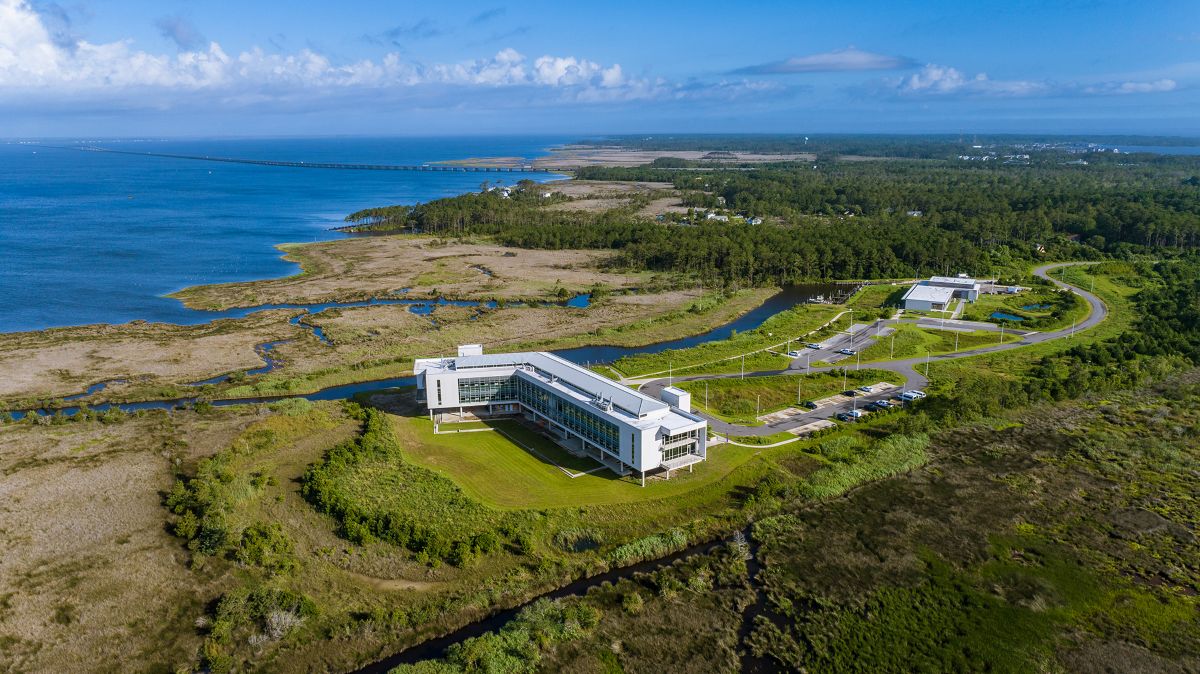
The public will have a chance to see what happens at the Coastal Studies Institute and East Carolina University Integrated Coastal Programs during an open house later this month.
The event is offered at no charge from 12:30 p.m. to 4 p.m. Saturday, May 17, on the ECU Outer Banks Campus. The campus is about a mile from the intersection of U.S. Highway 64 and N.C. Highway 345 in Wanchese.
Supporter Spotlight
Research and education initiatives on the campus span a range of coastal topics, from nearshore estuaries to the offshore waters along the continental shelf.
ECU’s Integrated Coastal Programs focuses on coastal and marine research, education, and engagement using an interdisciplinary approach and scientific advancements to provide effective solutions to complex problems.
The Coastal Studies Institute is a multi-institutional research partnership led by East Carolina University, in collaboration with North Carolina State University, University of North Carolina Chapel Hill, University of North Carolina Wilmington and Elizabeth City State University.
Attendees will have the opportunity to tour the campus, learn about current research and educational programs, take part in family-friendly activities, and interact with faculty and staff from East Carolina University, Coastal Studies Institute and partner organizations.
Organizers said that visitors will have the opportunity to meet the following:
Supporter Spotlight
- Coastal geoscientists researching the processes that drive coastal change, their impact on communities, and ways to build resilience in the face of increasing coastal hazards.
- Ecologists studying estuarine systems and fisheries, their inputs, and how to ensure healthy coastal ecosystems for the future.
- Oceanographers and coastal engineers exploring ways to harness renewable ocean energy, such as the Gulf Stream and wave power, through new technologies that expand North Carolina’s energy portfolio.
- Social scientists working with coastal residents, visitors, and social data to understand the impacts of coastal change on communities while developing new, sustainable economies.
- Maritime archaeologists discovering and researching shipwrecks using advanced technologies, while celebrating the maritime heritage of eastern North Carolina.
- Faculty and staff engaging the local community and inspiring the next generation of scientists and decisionmakers through educational programming focused on technology, engineering, art, math and science, or STEAM.



